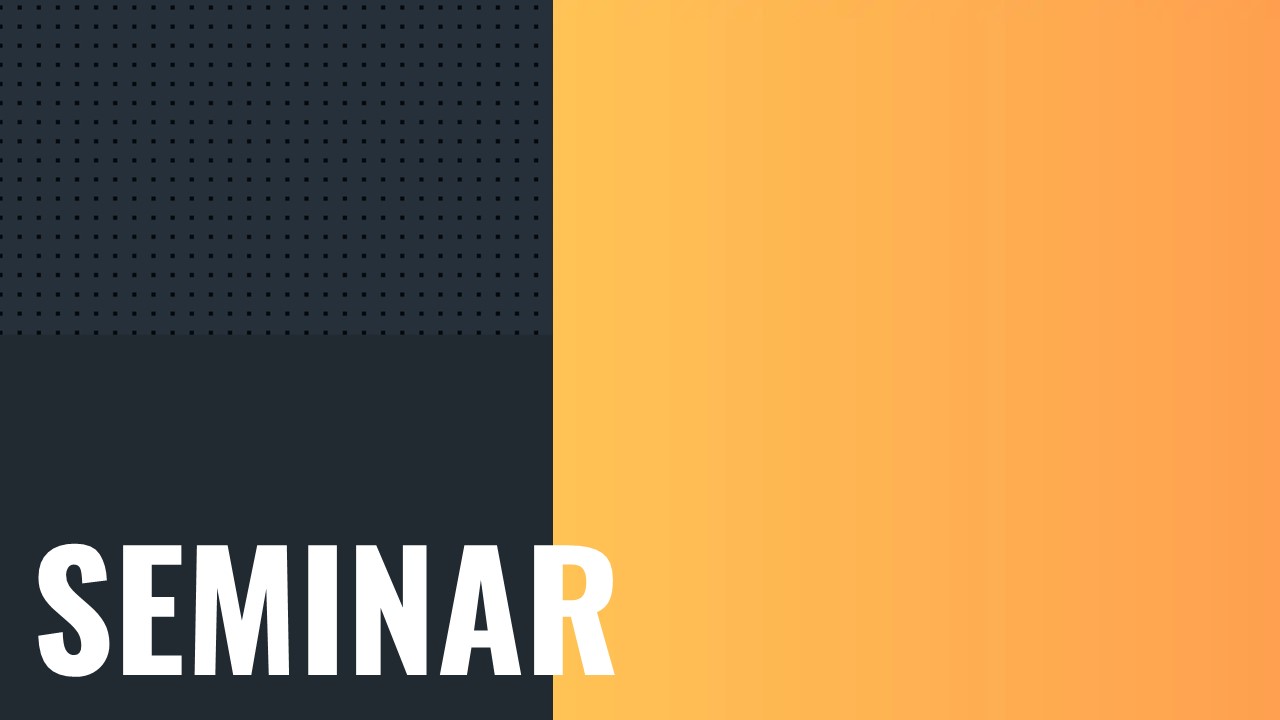Music Research Seminar: Dr Georgia Volioti (University of Surrey)
The pursuit of originality in classical music performance is usually placed high on professional artists’ agenda. Originality (or related terms) is frequently encountered in music criticism. Performers are invariably expected to offer at least some freshness of perception on a piece, for which many performance renditions already exist. This prerequisite for originality (whether defined as deviation from a norm or an occurrence that hasn’t happened previously) presents an unusual challenge for performers’ creativity when considering how creativity is defined. Although creativity is not a unitary concept, researchers concur that creative outcomes must be both original (even surprising) and of value (appropriate aesthetic quality) within a given field. For classical performance it has been postulated theoretically that originality and value co-vary; however, little empirical testing of this inter-relationship exists in different musical contexts.
In this research seminar, following a synopsis of the rationale and methodology of this study, Dr Georgia will present findings of expert listeners’ evaluations of originality of professional classical piano recordings. In both musical genres tested (Grieg and Webern), both older and more recent styles were consistently rated, overall, high for ‘originality’ and ‘quality’, regardless of date of recording or performer. In both musical genres, there was a strong positive significant correlation between the scores of ‘originality’ and ‘quality’. ‘Technique’ was the least well correlated, with either originality or quality, but was one of the highest average scores (out of 8 evaluative criteria examined), suggesting that although a good technique is expected at high level performing, this criterion alone may not be as strongly linked to the discernment of originality. Inter-rater reliability coefficients (Cronbach's alpha) for the sub-groups ‘pianists’ and ‘non-pianists’ yielded values above 0.8, suggesting good agreement among these experts.
She will conclude this research seminar with a discussion of the broader implications of these findings for performance evaluation in educational contexts and the training of advanced performers. Although originality is culturally expected (implicitly or explicitly) in the arts, how to cultivate it in educational settings, such as in performance pedagogy, remains challenging. This study suggests the need to understand what originality is by separating it from other evaluative criteria of performance, in order to identify it when it occurs.
Event schedule
4-5pm: talk / paper
5-5.30pm: Q&A
5.30-6pm: reception
Admission is free, no booking necessary.






















